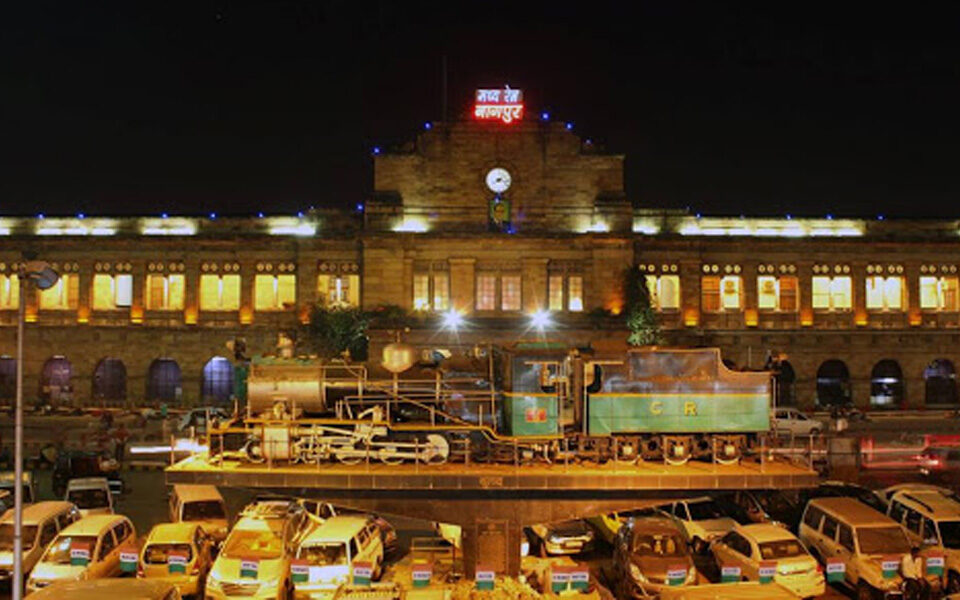
Welcome to Nagpur, a vibrant city with a rich history and cultural heritage. Let’s take a journey through time and explore the fascinating history and Rise of Nagpur city.

Chapter 1: Ancient History (8th century AD – 10th century AD)
Nagpur’s earliest known history dates back to the 8th century AD, when it was ruled by the Rashtrakutas. In the 10th century, the city came under the control of the Chalukyas.
Chapter 2: Medieval Period (11th century AD – 18th century AD)
During the medieval period, Nagpur was ruled by the Yadavas and later by the Bahamani Sultanate. In the 16th century, Nagpur came under the rule of the Mughal Empire, and was later taken over by the Maratha Empire. The Marathas made Nagpur their capital in the 18th century.
Chapter 3: British Era (19th century AD – 1947)
During the British rule, Nagpur was the capital of the Central Provinces and Berar, and was an important center for the British administration. The city played a significant role in the Indian freedom struggle, with several notable leaders such as Lokmanya Tilak, Mahatma Gandhi, and Dr. B.R. Ambedkar visiting the city and holding important meetings and rallies.
Chapter 4: Post-Independence (1947)
After India gained independence in 1947, Nagpur became the capital of the state of Madhya Pradesh. However, in 1960, when the state of Maharashtra was created, Nagpur became the second capital of the state, with Mumbai being the primary capital.
Chapter 5: Nagpur Today
Today, Nagpur is a thriving city with a rich cultural heritage and a rapidly growing economy. It is known for its oranges, textiles, and the Nagpur Central Museum, which houses a collection of ancient artifacts and historical exhibits.
Nagpur is also known for its vibrant cultural scene, with a range of festivals and events held throughout the year. The city’s cuisine is a blend of Marathi, South Indian, and North Indian flavors, and is known for its spicy and flavorful dishes.
Key insights
Cultural Heritage: Nagpur is known for its rich cultural heritage, with a blend of various cultures and traditions. The city is home to several monuments and structures, including the Deekshabhoomi, a Buddhist monument, and the Sitabuldi Fort, a historic fort built by the British.
Economy: Nagpur is a major center of trade and commerce, with a thriving economy based on agriculture, textiles, and manufacturing. The city is home to several industrial estates and special economic zones, which contribute significantly to its economic growth.
Education: Nagpur is known for its excellent educational institutions, with several prestigious schools and colleges located in the city. The city is also home to the Rashtrasant Tukadoji Maharaj Nagpur University, which offers a wide range of undergraduate and postgraduate courses.
Sports: Nagpur has a strong sporting culture, with cricket being the most popular sport in the city. The city has hosted several international cricket matches, including the 2011 Cricket World Cup.
Future: Nagpur is a city on the rise, with several infrastructure projects underway, including the Nagpur Metro and the Multi-modal International Cargo Hub and Airport at Nagpur (MIHAN). These projects are expected to significantly boost the city’s economy and transform it into a world-class destination.

Leave a Reply